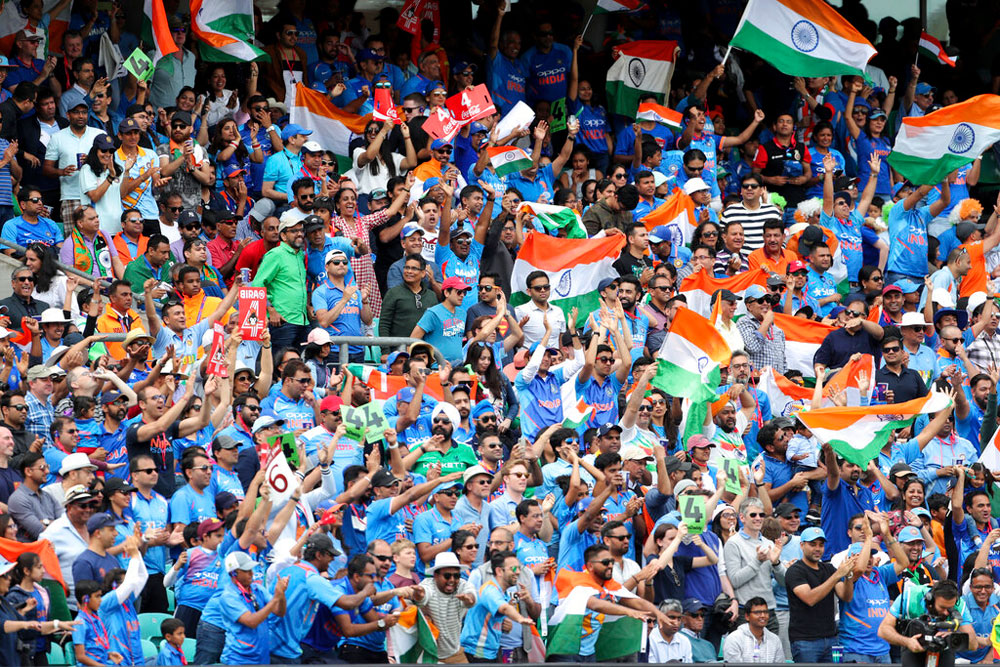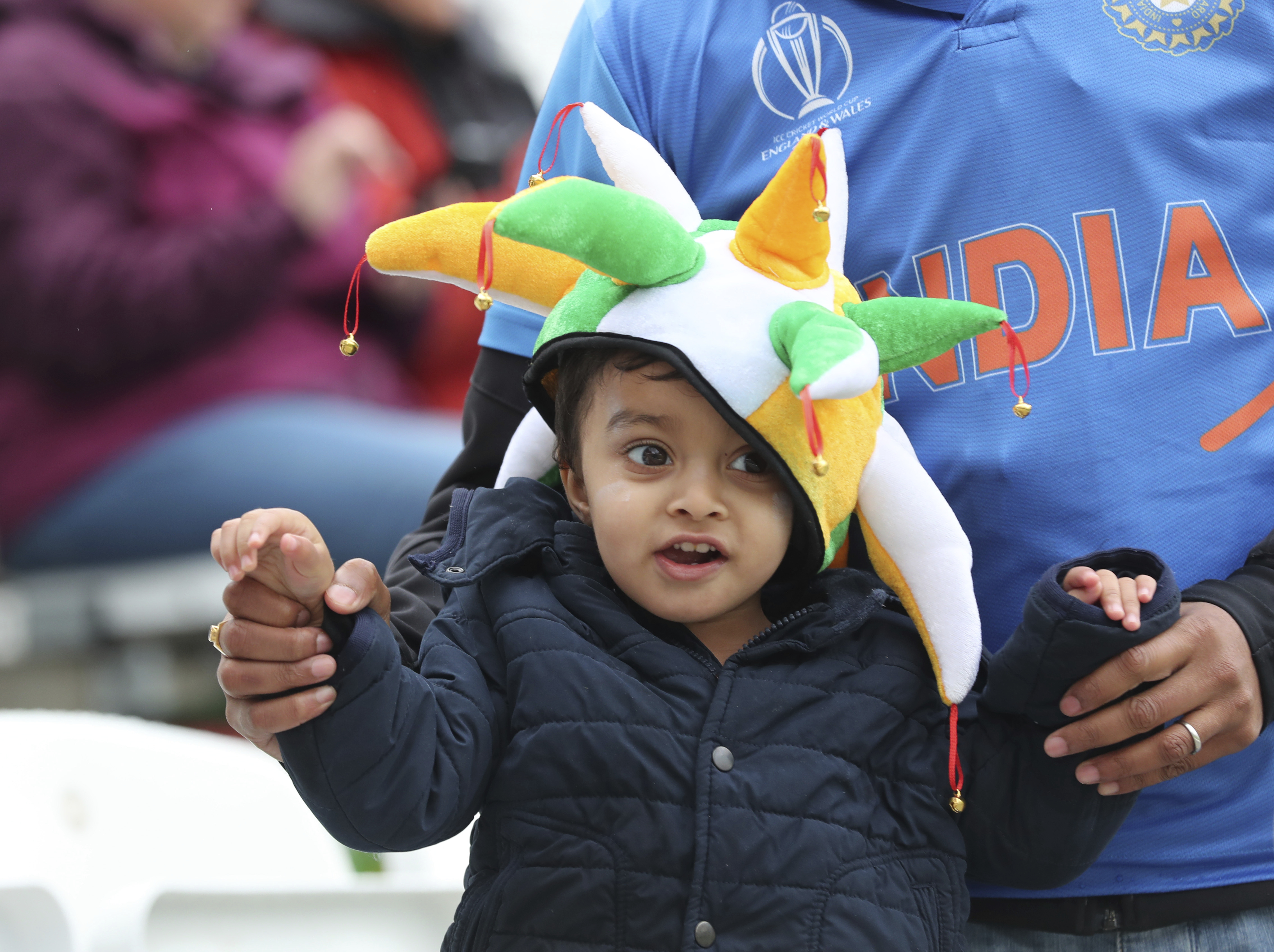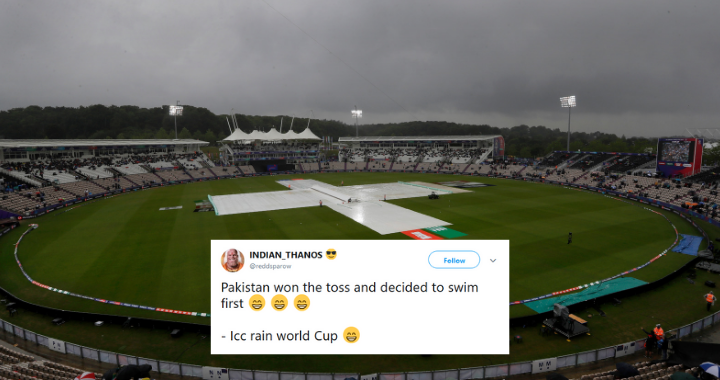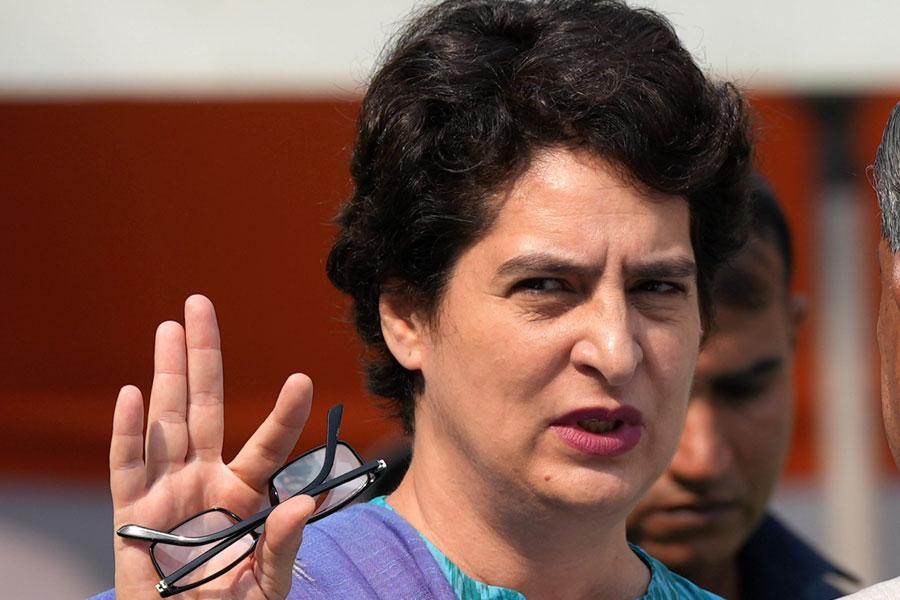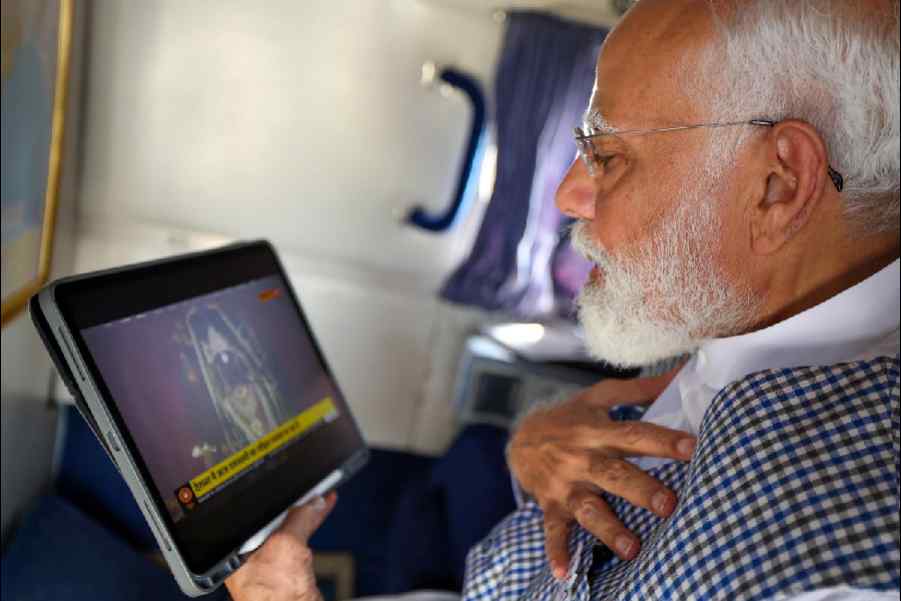We watched the India-Australia game on television, but the telly was in London so it was almost like being at The Oval. Without actual tickets to get us to the ground, there was comfort in the spirit of place. The conversation of Somalian cab drivers tooling their Priuses through the city’s mazy streets, the smell of kebab-spiced beef patties charring on the barbecue and the running gag that’s Brexit roiling the headlines made our world both pleasingly foreign and peculiarly British.
The English, according to the English papers, are the odds-on favourites to win the Cup. This was news to the Pakistanis who beat them but England’s subsequent win against Bangladesh restored the narrative. A rational deference to recent form, the need to talk up a tournament being held in England, the courtesy owed a host plus the relief of having some other team carry the burden of being the front-runner have allowed ‘the Cup’s coming home’ optimism to reign unchallenged.
Unseasonal rain that washed away India’s fixture against New Zealand threatens to drown the tournament. Not that anyone would notice if it did. The domestic television audience for the World Cup, according to one English newspaper, was half a million. The same paper estimated that the television audience for England’s match against Scotland in the women’s football World Cup unfolding in France was roughly ten times as large. This has something to do with the telecast not being available ‘free to air’ on the BBC because Sky has television rights and charges a hefty subscription fee, but that’s not the whole explanation.
The real explanation is that cricket doesn’t matter in the country that invented it. Not even in the summer, its designated season. Open any paper— tabloid or broadsheet, liberal or Tory — and it’s blindingly obvious that the Premier League season in the offing — that’s right, the one that hasn’t started yet —is stoking much more anticipation and using up many more column inches than the greatest event in cricket’s quadrennial calendar. The football season barely ended a couple of weeks ago with Liverpool winning the European Cup in Madrid and already the buzz about Frank Lampard possibly replacing Maurizio Sarri makes Jofra Archer’s heroics seem like an interim footnote.
It isn’t just football’s giant shadow that diminishes cricket; virtually every other sport does too. So astonishingly detailed examinations of Brooks Koepka’s chances of winning the U.S. Open three times in a row take up much more space in England’s papers than England’s chances of winning its first ever cricket World Cup. And when Wimbledon begins on July 1, the matches of the final fortnight of the World Cup will compete for eyeballs with the greatest tennis tournament in the world. No prizes for guessing which will win. In what seems like an act of scheduling seppuku worthy of Yukio Mishima, the ICC’s blazered mandarins have nominated July 14 as the date for the World Cup’s final, the same day as the men’s final at Wimbledon. What were they thinking?
This is not a rhetorical question; it’s a serious one. I can think of two possible explanations. One, the English no longer think of cricket as a competitive sport struggling for eyeballs, they think of it as an old world pastime that, on account of a certain period quaintness, has a valuable brand-building function. Here cricket serves the same function as historic pubs, cream teas, double-decker buses, stately homes, period television drama and Madame Tussaud’s. So the Long Room at Lord’s, the vintage gasworks at The Oval, the posh blather of Test Match Special, exist not as aspects of a great national game, but as the living rituals of Heritage Britain. If Boycott hangs around a few more years, the guardians of England’s built heritage might classify him as a Class II monument.
By the terms of this explanation, the white mandarins who run English cricket, populate its members’ enclosures, wear piped blazers and striped ties, and are caught on camera pouring bubbling drink into slender flutes are essentially extras in an endless production of Downton Abbey. This is a very small minority of the spectators at the ground but a vital part of the mix; without them, the cricket would be generic, more Mohali than Marylebone.
This is an ingenious explanation but not a plausible one. While the ethnic composition of audiences at English cricket grounds might suggest that cricket in England is a Black, Asian, minority ethnic (BAME) sport, to imply that England’s aboriginals have come to see cricket instrumentally, as a kind of marketing charade, is glib, offensive and borderline racist. There is a better explanation for the way in which this World Cup has been scheduled and organized.
It’s a mistake to think that England is hosting the World Cup. It isn’t. England is merely the venue for the competition. It supplies the infrastructure of a first-world country, the long summer light, the weather, the quick-draining outfields and a concentration of excellent international cricket grounds in a compact island. It is, if you like, Sharjah for the 21st century. The locals don’t matter because the audiences for this tournament live elsewhere. They live in India. Of these hundreds of millions of Indians watching the World Cup (as opposed to the half million that log on to Sky’s telecast), the number that might defect to the Wimbledon telecast wouldn’t add up to a rounding error.
The location and schedule of this World Cup makes sense if you stop thinking of its English setting as cricket’s homecoming and start thinking of it as a destination wedding. It’s like rich Indian couples choosing Bali or Sri Lanka to get married in because their beaches are better, their loos cleaner and their caterers offered them a better deal. From the point of view of Indian audiences, England is the perfect setting: even the time difference works to maximize Indian audiences: it makes every match a day-night affair.
You don’t have to be a resentful Englishman to think that the World Cup’s organizers have done what they could to accommodate India, down to allowing it to play its first match after most other countries had already played two. Besides, between Tebbit’s traitors and Bharat Army tourists, every match India plays in England feels like a home game. For Indians, in cricket if nothing else, 2019 might be remembered as the year when England began to seem like an insular possession.

